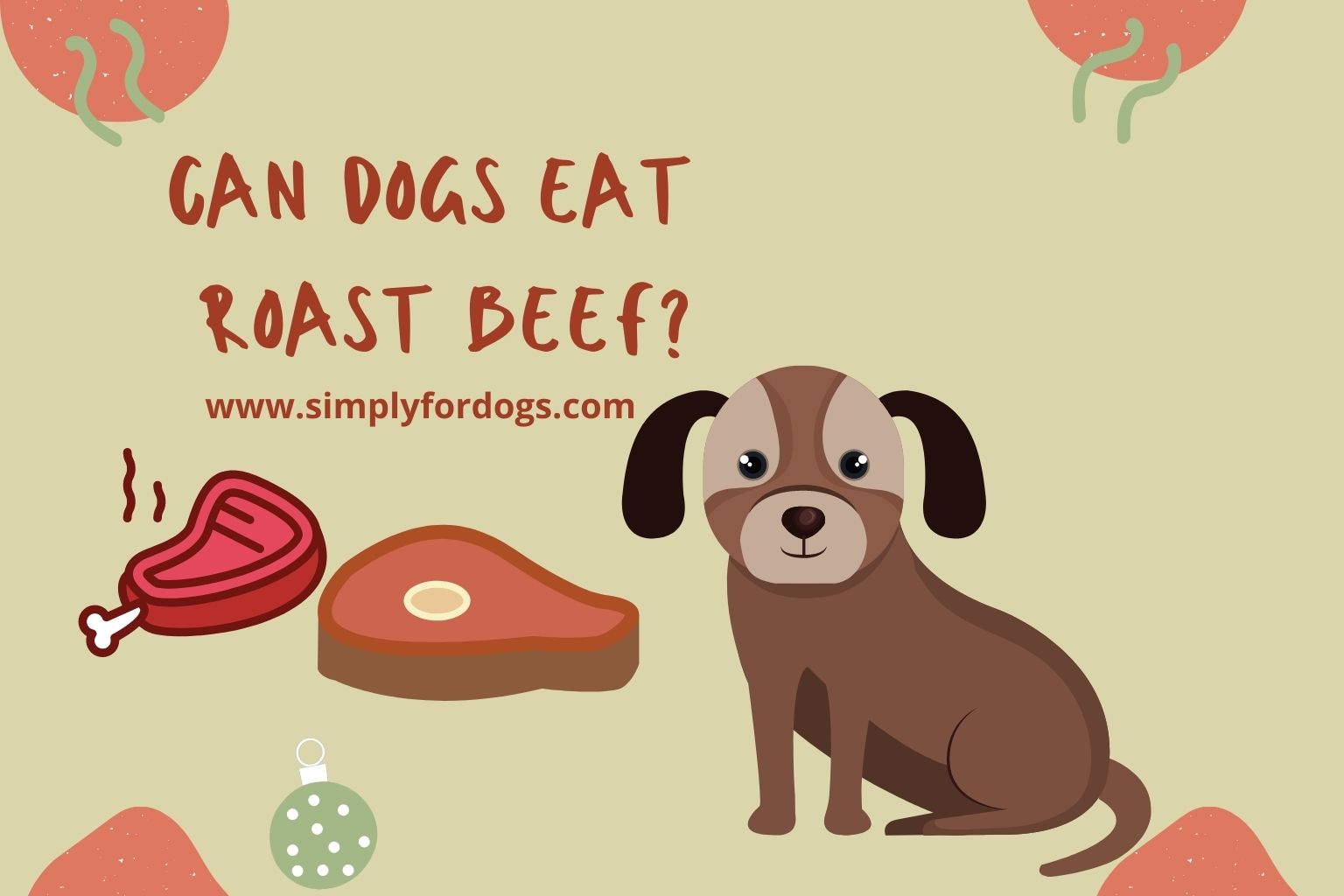Roast beef is one of the universally agreed-upon foods that are enjoyed by people all over the world. So as you take your hot roast meatloaf out of the oven, you may think of sharing the delicious delicacy with your dog. But should you?
Despite how good the loaf smells or how eager your dog is, its safety definitely comes first. So, to put an end to your dilemma here’s everything you need to know about feeding roast beef to your dog. So, without further ado, let’s get straight into it.
Is It Safe for Dogs to Eat Roast Beef?
Yes, roast beef can be a healthy treat for dogs, given that it’s a rich source of vitamins, minerals, and lean protein. However, it’s only safe for them if given in small and infrequent portions. Moreover, you’ll need to pay attention that the roast beef hasn’t been cooked, sauced, or seasoned with any dog-unsafe ingredient before giving it to your canine.
Why Should Dogs Only Have Roast Beef in Small Amounts?
We mentioned that roast beef is safe only in small portions, but why? The answer to this is a bit elaborate, so let’s start with the fat content.
Roast Beef Fat Content
Roast beef meat can come from any beef cut, and some cuts are naturally fattier than others. However, because animal fat can cause dogs diarrhea, gas, upset stomach, or vomiting, not all cuts are suitable for them. If you plan on sharing your roast beef with your pet, opt for extra lean cuts like the top and bottom round roast and steak, eye of round roast and steak, and sirloin tip side steak.
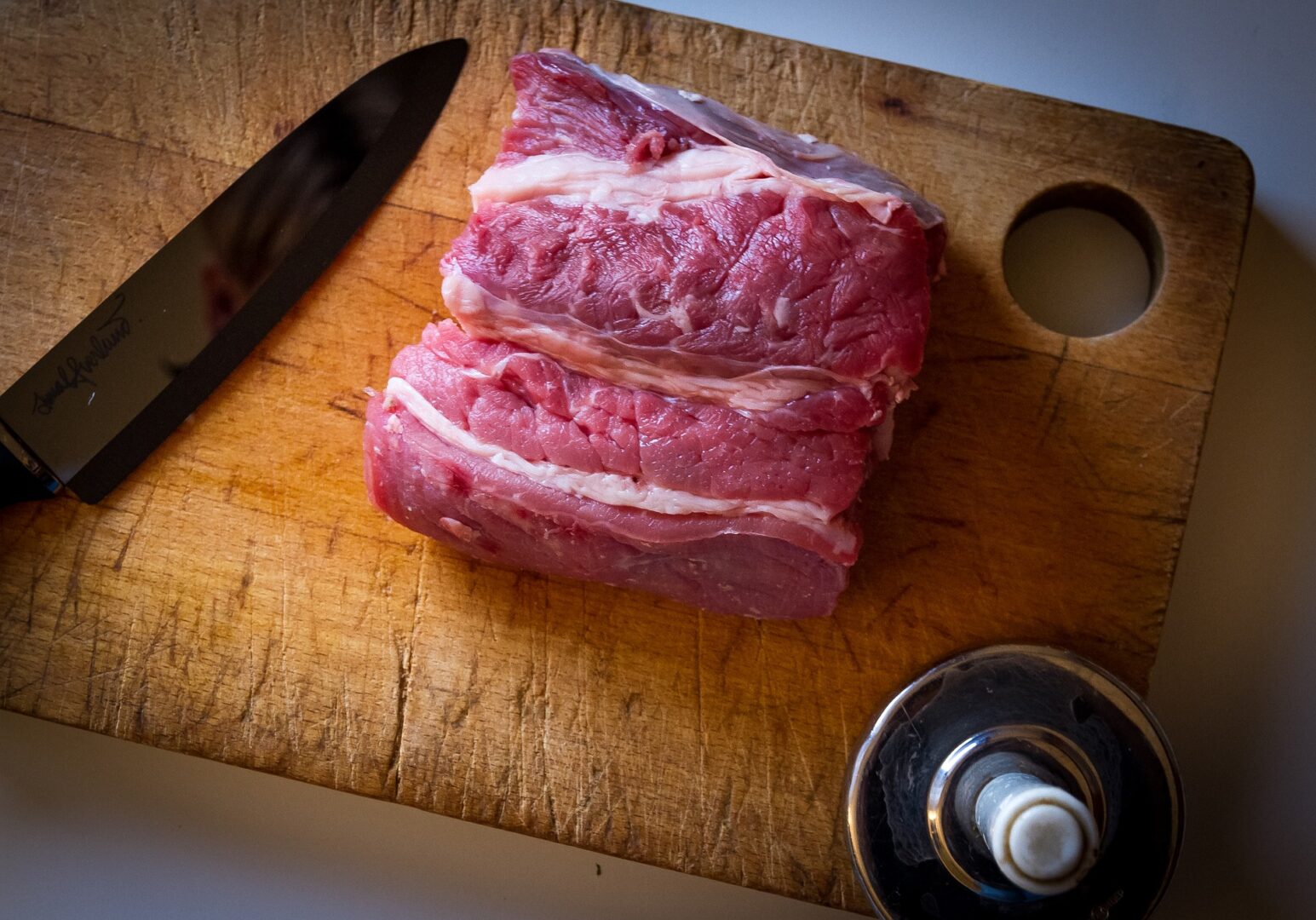
Besides the fat content, roast beef additives are also a major limiting factor.
Roast Beef Additives
When talking about roasted beef, it’s often not the meat itself but rather the additives that are problematic with dogs.
In essence, roast beef is a relatively blank canvas that you can decorate with your personal selection of spices and condiments. While this is great, you’ll need to pay extra attention to what you season your beef with if your dog is involved. It’s important to understand that not all seasonings are safe for a dog to consume. Moreover, quantities that are safe to humans can be toxic to pets.
Some of the most common roast beef seasonings that are extremely toxic to dogs are garlic, onions, chives, cocoa powder, nutmeg, and raisins. Additionally, too much salt in your seasoning can be dangerous when fed to your dog.
Garlic, Onions, and the Rest of the Allium Family
Allium vegetables belong to the Amaryllidaceae family of perennial and bulbous flowering plants. This family includes onions, garlic, shallots, leeks, and chives.
All parts of allium vegetables in all their forms are highly toxic to dogs. Whether they’re raw, cooked, or powdered, they should go nowhere near your dog. Garlic and onion powders, which are widely used in a variety of recipes, are even more potent than fresh vegetables, so extra care is needed.
These roots are toxic because they can damage your dog’s red blood cells, leading to anemia. If you suspect that your dog has ingested food contaminated with any member of the allium family, closely monitor it for anemia symptoms. In your dog, hemolytic anemia can present itself as pale gums, lethargy and weakness, decreased appetite, vomiting, panting, fainting, and reddish urine.
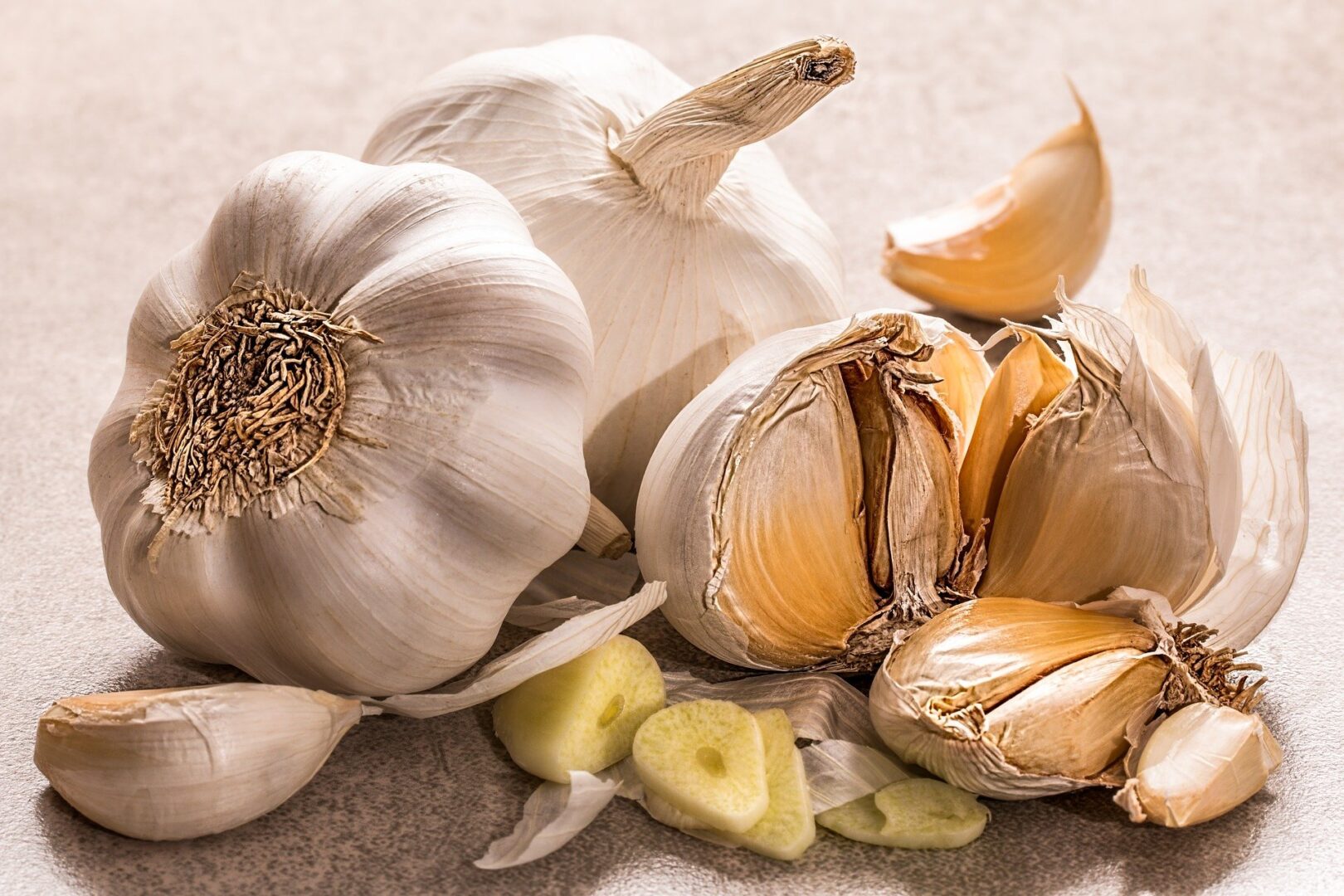
If you notice any of these symptoms, visit a veterinary doctor immediately. From there, the vet will assess your dog’s condition based on its symptoms, and the bloodwork results then provide medical advice accordingly. It’s important to be quick with your action because allium toxicity can be fatal.
Cocoa Powder
Cocoa powder contains two closely related methylxanthines: theobromine and caffeine. While these compounds are perfectly safe for humans, the same doesn’t apply to dogs.
Chocolate poisoning symptoms will most likely take between six and 12 hours to be expressed; they won’t show right away. Such symptoms include vomiting, lower-stomach pain, muscle tremors, convulsions, tachycardia, hypotension, abnormal heart rate, fever, unsteady gait, unusual thirst, antsy behavior, and restlessness. Late-stage symptoms include cardiac failures and comas.
In general, the severity of these effects will vary depending on how big your dog is and how much cocoa powder it ingests. For example, German shepherds and chihuahuas consuming the same concentration of cocoa powder will exhibit different severity of symptoms. If your furry friend exhibits these symptoms, immediately take it to the vet.
While cocoa powder may not be a common ingredient in roast beef recipes, some recipes do call for it, so be extra cautious.
Nutmeg
Nutmeg is poisonous to dogs due to the presence of the compound myristicin. Luckily, nutmeg is only toxic when ingested in relatively large quantities. Symptoms of nutmeg poisoning in dogs include diarrhea, vomiting, disorientation, hypertension, tachycardia, abdominal pain, dry mouth, and seizures.

Grapes and Raisins
Grapes and raisins are extremely toxic to dogs that even one grape can be fatal. While the exact reason behind this toxicity remains unknown, the symptoms are well documented. Grape poisoning can lead to acute kidney failure or manifest as dehydration, nausea, vomiting, weakness, lethargy, diarrhea, abdominal pain, and loss of appetite.
Salt
While a little bit of sodium is essential for your canine, roast beef salted to human food standards is way too much salt for your pet. Generally speaking, dogs can tolerate high concentrations of sodium intake if they have steady access to freshwater. However, salt poisoning occurs when the sodium to water balance is disrupted; the body tries to balance the salt outside the cells by releasing water from them.
In dogs, sodium poisoning can be lethal, and it often presents itself as depression, fever, tremors, seizures, and dehydration.
Nutritional Value
Roast beef isn’t a complete food source for your dog; it doesn’t contain all the nutrients needed for a balanced meal. So while it’s a healthy treat, this food should only be used to supplement your dog’s diet.
Benefits of Roast Beef for Dogs
If you choose a lean cut of meat and roast it plain or with minimal, safe ingredients, roast beef can be a healthy treat for your dog. This is because it’s high in protein and minerals but usually low in fat. However, this doesn’t mean that you can freely offer it to your dog. Remember that roast beef is offered as a treat, and treats shouldn’t make more than 10% of your dog’s diet.
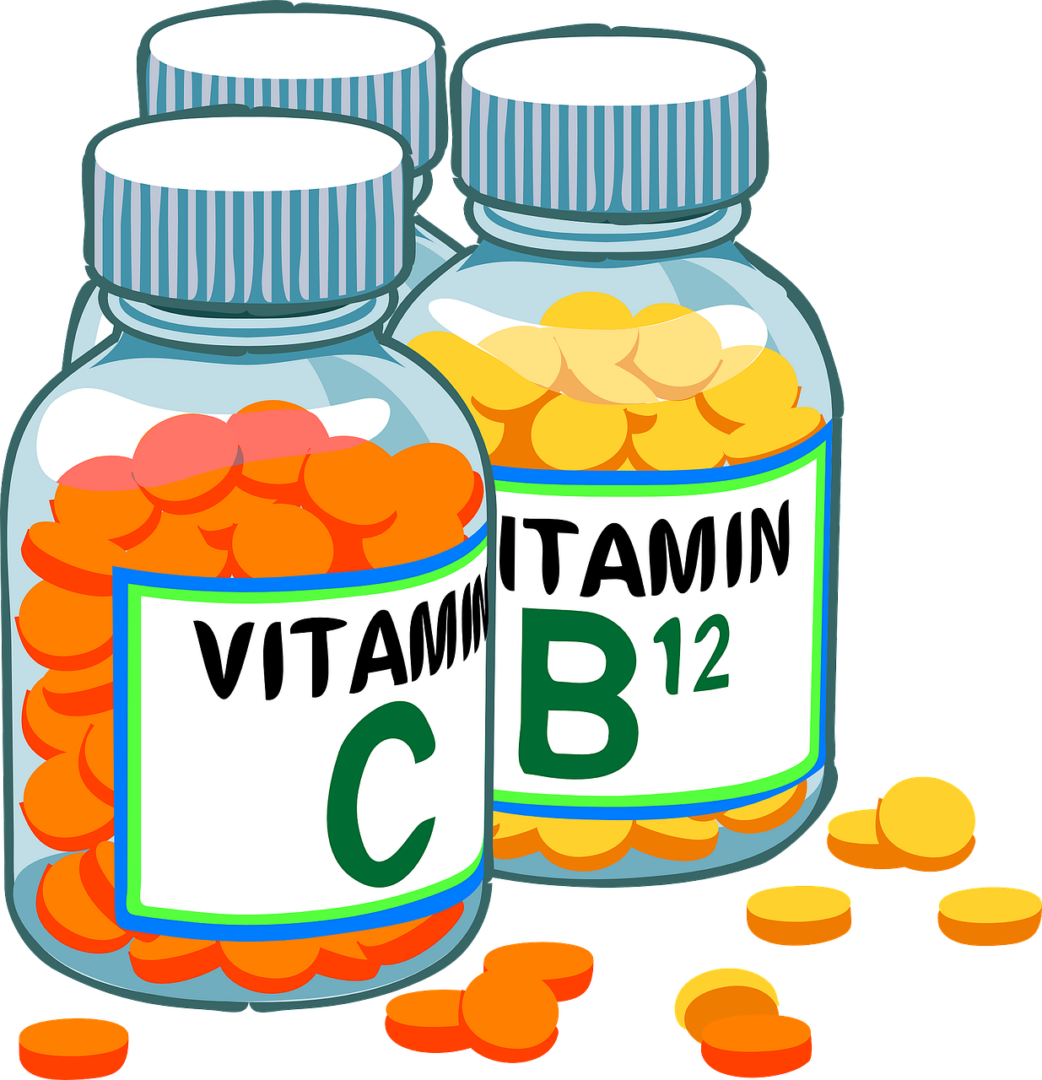
Besides its exceptionally high protein levels, roast beef contains vitamins B12 and B6, iron, zinc, phosphorous, niacin, and selenium, all of which are essential for a balanced dog’s diet. So let’s have a look at some benefits of these nutrients for dogs.
B Vitamins
Vitamins B6, B12, and niacin are all B vitamins found in roast beef. While B12 and niacin help facilitate enzyme function, B6 is responsible for glucose generation, niacin synthesis, hormone regulation, gene activation, immune response, and RBC and nervous system functions.
Iron
Iron holds the important function of carrying oxygen in the hemoglobin of the dog’s red blood cells. Additionally, it aids in red blood cell and hemoglobin formation as well as other enzymatic functions.
Zinc
Zinc in a dog’s diet will contribute to good thyroid function, healthy skin and fur, and a healthy immune system.
Phosphorous
In dogs, phosphorous is important for heart and kidney functions. Moreover, the mineral improves motor functions by assisting muscle contractions.
Related Contents
Important Roast Beef Precautions
There are a few additional things to keep in mind when you feed roast beef to your dog.
Portion Size
To most dogs, roast beef is unbelievably hard to resist; they’ll gulp down whatever quantity they’re offered without questioning and will ask for more when they’re done. However, dogs will uncontrollably eat until they get sick if given a choice. Therefore, because dogs have absolutely no self-control, it becomes your job to do it for them.
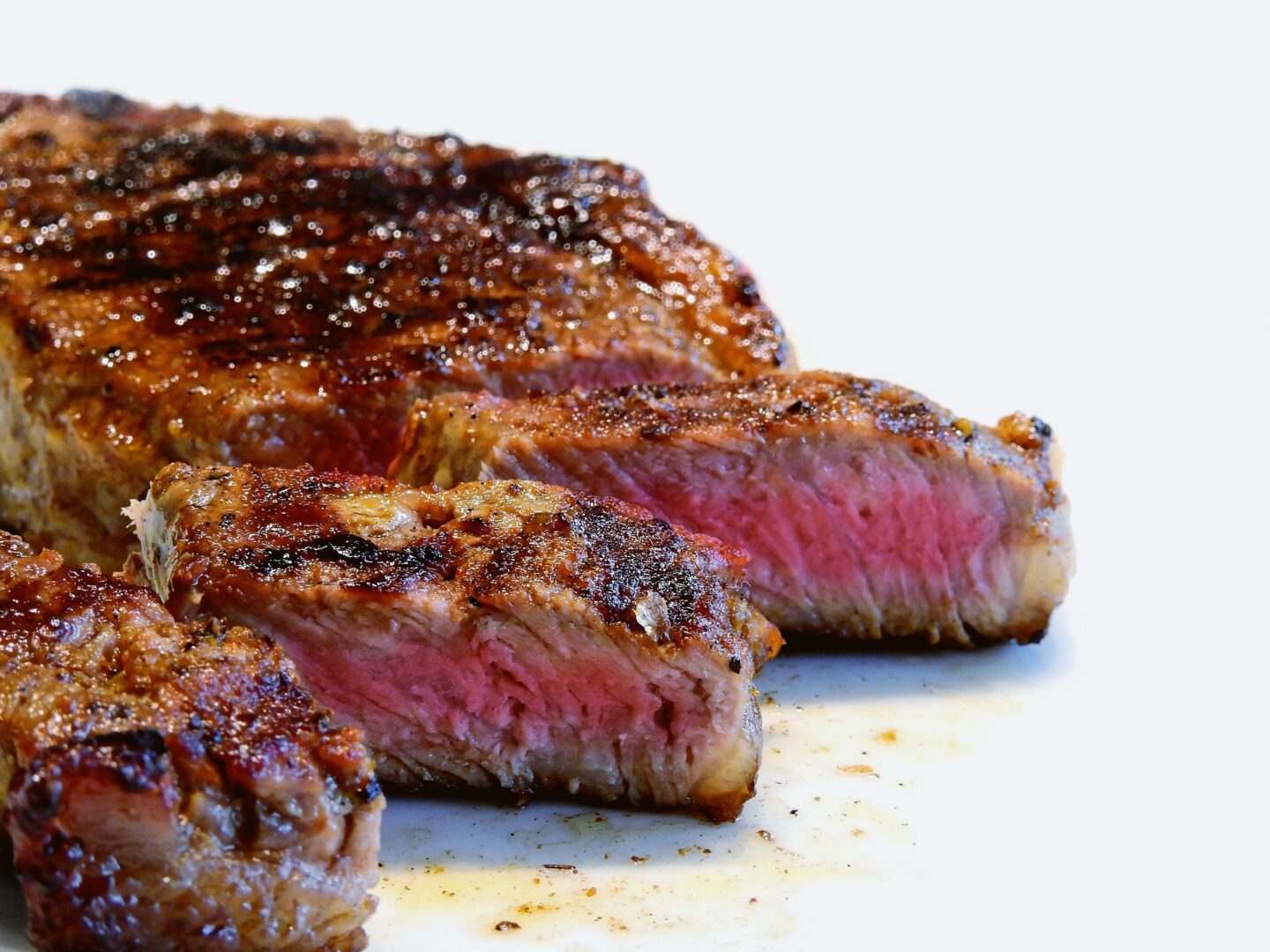
Frequency
As we mentioned, you should offer roast beef to your dog only in the form of a rare treat in a balanced diet. Alternatively, providing roast beef as a daily snack or a dog food alternative can be detrimental to your dog’s health. Additionally, you want to make sure your dog doesn’t grow accustomed to the presence of roast beef in its diet.
Serving Temperature
Your dogs have almost no self-restraint when it comes to food. Unlike you, your canine friends won’t check for a food’s temperature before they eat it. Therefore, be sure that the roast beef has cooled sufficiently before serving it to your dog to avoid burning and blistering your dog’s tongue and mouth.
Toxic Ingredients
We can’t stress enough how important it is to check all ingredients before serving food to your dog. For example, when it comes to roast beef, too much seasoning or the wrong kind of seasoning can cause serious injury to your pet.
Dog’s Reaction
Finally, you want to monitor your dog’s reaction after feeding it roast beef for the first time. While highly unlikely, your dog may spit out the beef after it tries it. If this seems to be the case, avoid feeding it roasted beef in the future.
Alternatively, your dog may exhibit symptoms like nausea and diarrhea. These could be signs of toxicity or allergy, so put the roast beef away immediately. You then want to give your dog the chance to get the beef out of its system. If the symptoms persist after enough time has passed, quickly seek a professional to provide veterinary advice.
What Meat Should Dogs Avoid?
As a general guide, it’s always recommended to feed your dog high-quality, fresh meat. Additionally, some meat criteria are better kept away from your dog for its safety. Let’s check them.
Raw Meat
All kinds of uncooked meat can transmit salmonella, E.coli, Listeria, and other harmful bacteria to your dogs. When ingested, these pathogens will cause your pet to fall ill, additionally posing the threat of transmitting the illness to you and your family. Therefore, make sure to cook meat at the right temperature to kill these microbes and reduce the risk of infection.
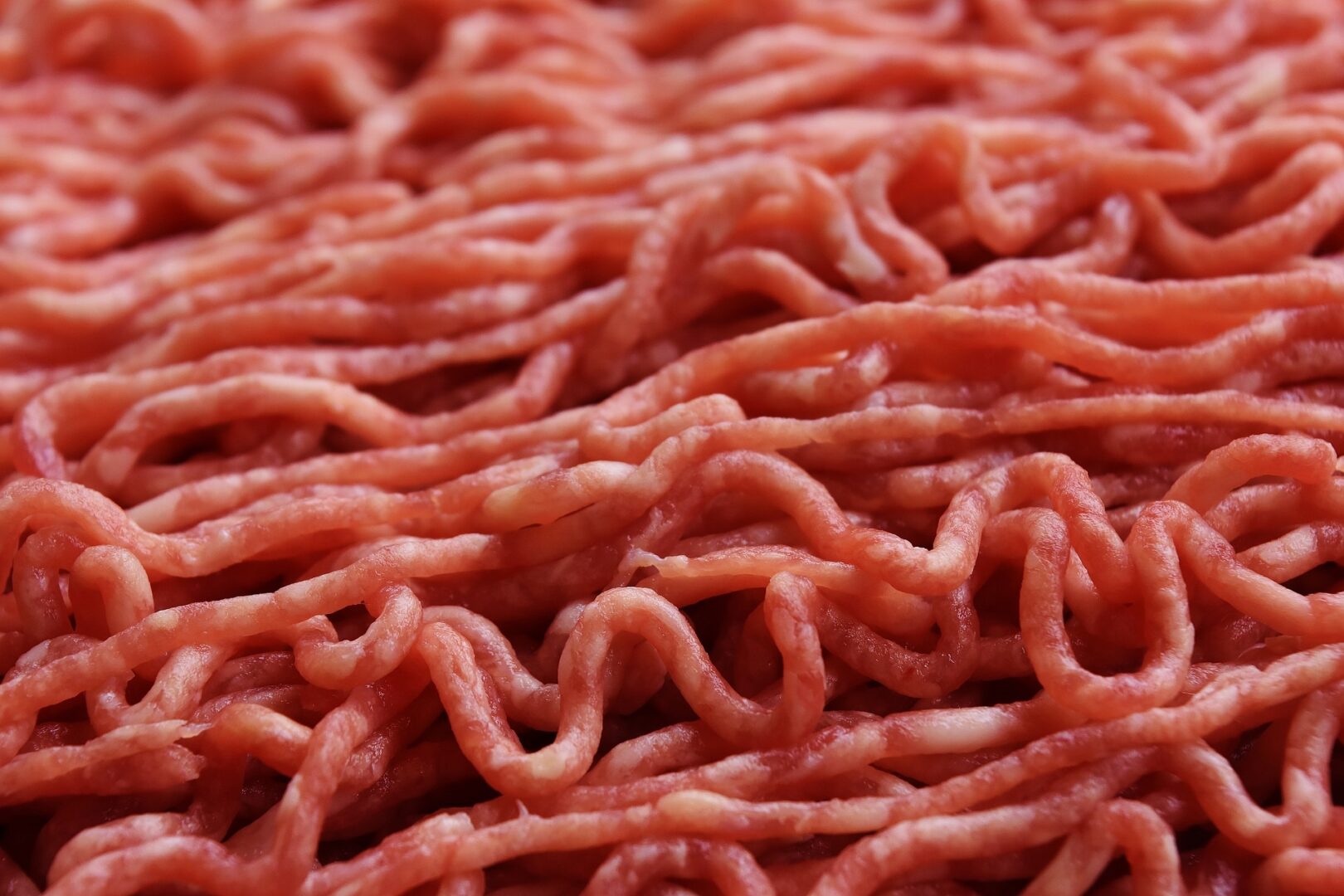
Undercooked Meat
Similar to raw meat, undercooked meat can harbor harmful bacteria. Cooking the meat at the wrong temperature or not cooking it enough will result in undercooked meat.
High-Fat Meat and Fat Trimmings
Despite common misconceptions, animal fat is actually bad for dogs, especially if they’re accustomed to a low-fat kibble diet.
If your dog eats too much fat, it could develop a condition called pancreatitis, which is an inflammation of the pancreas, the organ responsible for producing the fat-digesting enzymes.
After the ingestion of fats, the pancreatic enzymes are activated and start working while still inside the pancreas. This results in the enzymes “eating up” the pancreas and its surrounding tissues and organs. Thus, untreated pancreatitis can lead to organ failure and death in as little as 24 hours.
Therefore, you should never feed your dog the unwanted fat trimmings from your meat chop. Similarly, you should try to avoid all meats with high-fat content.
Cooked Beef Bones
Unlike raw bones, cooked bones shatter easily. Under the lightest pressure, cooked bones can be easily broken down into shards and splinters that can cut your dog’s mouth or get stuck in its throat and intestines. These shards create a choking hazard and can cause cuts in your dog’s abdomen. Thus, avoid giving your dog cooked bones at all costs.
Bottom Line
So as you can see, you can offer your dog high-quality, low-fat roast beef as a healthy treat. However, keep in mind that it should be given in small amounts. Also, make sure your roast is safely seasoned and avoid making it a staple in your dog’s diet. And if your dog reacts negatively after eating it, immediately contact your dog’s vet.
References
- https://notabully.org/can-dogs-have-roast-beef/
- https://mrdogfood.com/can-dogs-eat-roast-beef-we-ask-the-experts/
- https://www.pawesome.net/can-dogs-eat-roast-beef/
- https://barkingroyalty.com/can-dogs-eat-cooked-meat/
- https://dogcare.dailypuppy.com/five-worst-foods-dog-1631.html
- https://www.rover.com/blog/can-my-dog-eat-cocoa-or-cocoa-powder/
- https://www.petmd.com/nutmeg-safe-dogs
- https://www.akc.org/expert-advice/nutrition/how-many-treats-can-dog-have/

